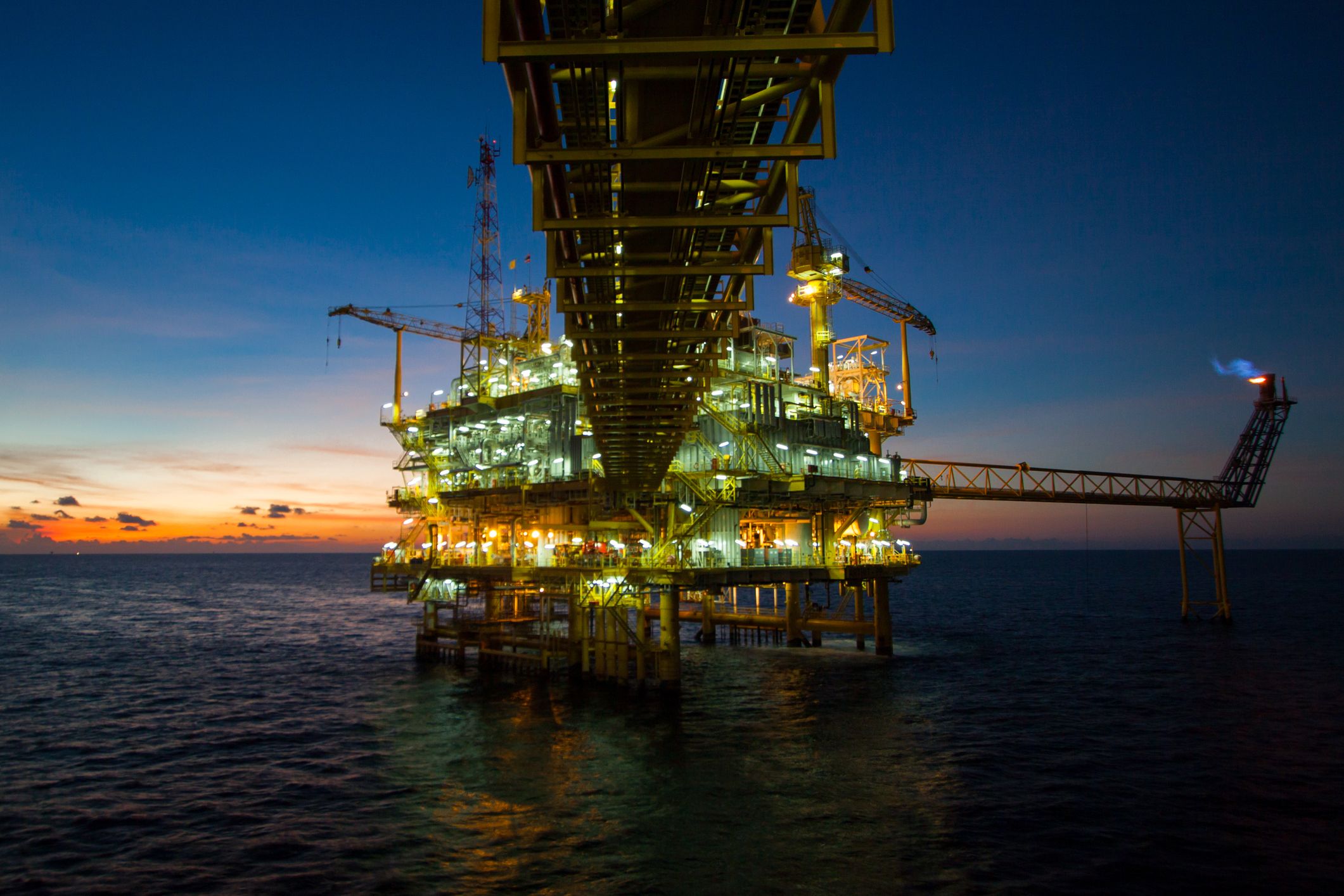Approval of Provisional Measure nº 1,304/2025 and its impacts on oil reference price for royalties on the Oil and Gas industry
Provisional Measure No. 1,304/2025 (“MP No. 1,304/25”), which was already approved by both the House of Representatives and the Federal Senate as a Conversion Bill for the MP No. 1,304/25, and is currently awaiting presidential sanction or veto, introduces significant regulatory changes for the oil and gas industry.
The final text of MP No. 1,304/25 reproduces in full the version endorsed by the joint committee, maintaining provisions with substantial economic and regulatory implications, and represents one of the most impactful regulatory updates to the power sector in recent years.
Changes to the Oil Reference Price for Royalties and Legal Background
The change in the calculation of the reference price for the assessment of royalties is one of the most sensitive aspects for the upstream segment. The measure, supported by private refineries and strongly opposed by oil companies, was maintained in the final text of MP No. 1,304/25.
In July, the Board of Directors of the National Agency for Oil, Natural Gas and Biofuels (Agência Nacional do Petróleo, Gás Natural e Biocombustíveis – ANP) approved Resolution No. 986/2025, which revises Resolution ANP No. 874/2020, following an extensive public consultation process, which was subject to two rounds of public consultations and hearings held between 2022 and 2024.
The regulatory update was motivated, among other factors, by changes in international quality standards for marine fuels established by the International Maritime Organization (IMO), which imposed stricter limits on the maximum sulfur content of derivatives, including marine fuel oil.
The new regulation, namely Resolution ANP No. 986/2025, establishes the criteria for determining the Oil Reference Price (Preço de Referência do Petróleo – PRP), aiming to enhance the methodology and align it more closely with pricing conditions observed in the international market.
In calculating the PRP, the monthly average price of Brent crude oil is used, adjusted by a quality differential, positive or negative, according to the characteristics of the oil produced. Thus, higher-quality crude oils have higher reference prices, while lower-quality grades are assigned lower values. The IMO-driven changes directly affected the derivatives used in forming these differentials, prompting ANP to adapt its methodology accordingly.
The regulation IMO 2020 regulation reduced the maximum sulfur content in marine fuel oil from 3.5% to 0.5% in several regions, reshaping the balance of the international fuel market. The new ANP formula now equally weights the prices of fuel oils containing 0.5% and 3.5% sulfur (50% each), reflecting the coexistence of both products in global trade.
The MP No. 1,304/2025 introduces a distinct framework for determining the reference price used in royalty calculations, providing that the calculation basis may be determined:
- based on the market value of crude oil, natural gas, or condensate, as reflected in quotations published by internationally recognized price-reporting agencies that capture transactions between independent parties; or, if the information of the item above does not exist;
- according to the methodology set forth in Law No. 14,596/2023, which governs transfer pricing for tax purposes; or, additionally;
- by means of a reference price to be established by presidential decree, which shall consider market prices, product specifications, and the location of the field.
The new framework broadens the possible bases for determining the reference value by providing, on a subsidiary basis, for the application of the methodology set forth in Law No. 14,596/2023, prior to the adoption of a methodology defined by presidential decree. The inclusion of this fiscal reference in the calculation of government take may alter the royalty calculation base, as the new parameters tend to exceed the values currently determined by ANP. The change may particularly affect the profitability of mature-field revitalization and post-salt projects, which typically operate under narrower margins.
Next Steps
Having been approved by the National Congress, MP No. 1,304/25 now awaits presidential review. Full or partial sanctioning, or vetoes applied specifically to the reference price provisions, will define the final regulatory impact on operators, investors and other stakeholders within the oil and gas value chain. The deadline for sanctioning or veto ends on November 24, 2025.
The Energy & Natural Resources team at CMA remains available to provide further clarification on the matter.


Comentários